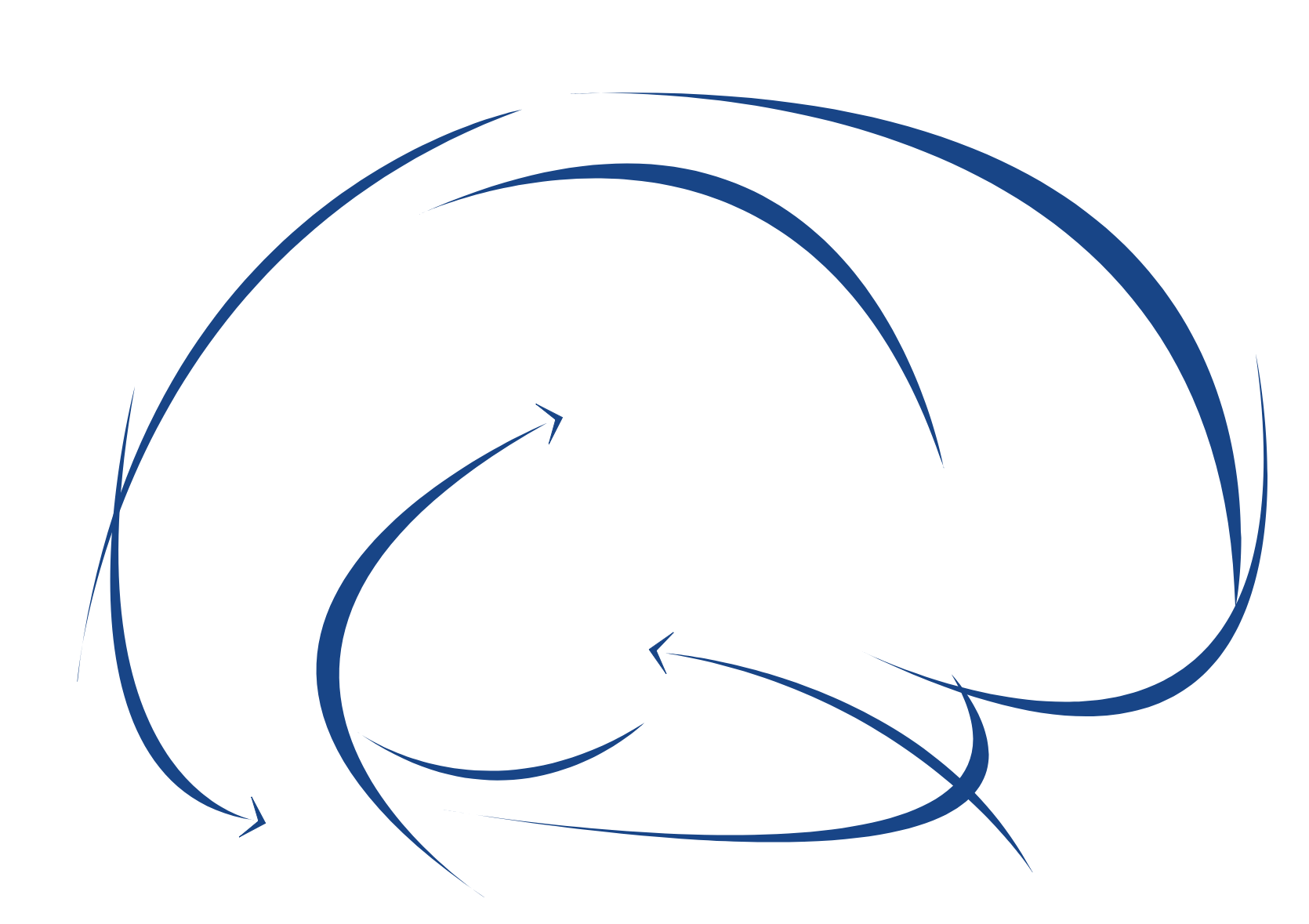Marcus Kaiser, Professor of Neuroinformatics,
School of Computing, Newcastle University, UK Shanghai Jiao Tong University, China | Planning invasive and non-invasive brain network disorder treatments using computational models
Abstract :
Our work on connectomics over the last 15 years has shown a small-world, modular, and hub architecture of brain networks [1,2]. Small-world features enable the brain to rapidly integrate and bind information while the modular architecture, present at different hierarchical levels, allows separate processing of various kinds of information (e.g. visual or auditory) while preventing wide-scale spreading of activation [3]. Hub nodes play critical roles in information processing and are involved in many brain diseases [4].
After discussing the organisation of brain networks, I will show how connectivity in combination with machine learning and computer simulations can identify the progression towards dementia before the onset of symptoms informing interventions that can delay disease progression [5]. For epilepsy patients, connectome-based simulations can also be used to predict the outcome of surgical interventions as well as alternative target regions [6]. I will also present recent results on local changes in epilepsy, concerning structural connectivity within brain regions, which are more indicative of surgery outcome than connectivity between brain regions. In addition, we also developed models of tissue within a brain region (http://www.vertexsimulator.org). Such models can observe the effects of invasive [7] or non-invasive electrical brain stimulation.
I will finally outline how these models could, in the future, inform invasive interventions, such as optogentic stimulation in epilepsy patients (http://www.cando.ac.uk) or non-invasive interventions using electrical, magnetic or focused ultrasound stimulation.
[1] Martin, Kaiser, Andras, Young. Is the Brain a Scale-free Network? SfN Abstract, 2001. [2] Sporns, Chialvo, Kaiser, Hilgetag. Trends in Cognitive Science, 2004. [3] Kaiser et al. New Journal of Physics, 2007. [4] Kaiser et al. European Journal of Neuroscience, 2007. [5] Peraza et al. Alzheimer’s & Dementia: Diagnosis, Assessment & Disease Monitoring, 2019. [6] Sinha et al. Brain, 2017. [7] Thompson et al. Wellcome Open Research, 2019.
Biography: Marcus Kaiser is leader of Neuroinformatics UK representing more than 600 researchers in the field (http://www.neuroinformatics.org.uk/), Chair of the Neuroinformatics Special Interest Group of the British Neuroscience Association, and Chair of the NHS CHAIN Technology Sub-group on Computational Neurology. After studying biology and computer science, he obtained his PhD, funded by a fellowship from the German National Academic Foundation, from Jacobs University Bremen in 2005. In 2016, he was elected Fellow of the Royal Society of Biology. He is on the editorial boards of Network Neuroscience (MIT Press), PLOS Computational Biology, and Royal Society Open Science, and author of the first review on connectomics (~2,000 citations since 2004). Research interests are understanding the origin of brain disorders through modelling brain development and using models to inform therapeutic interventions (see http://www.dynamic-connectome.org/ ).
